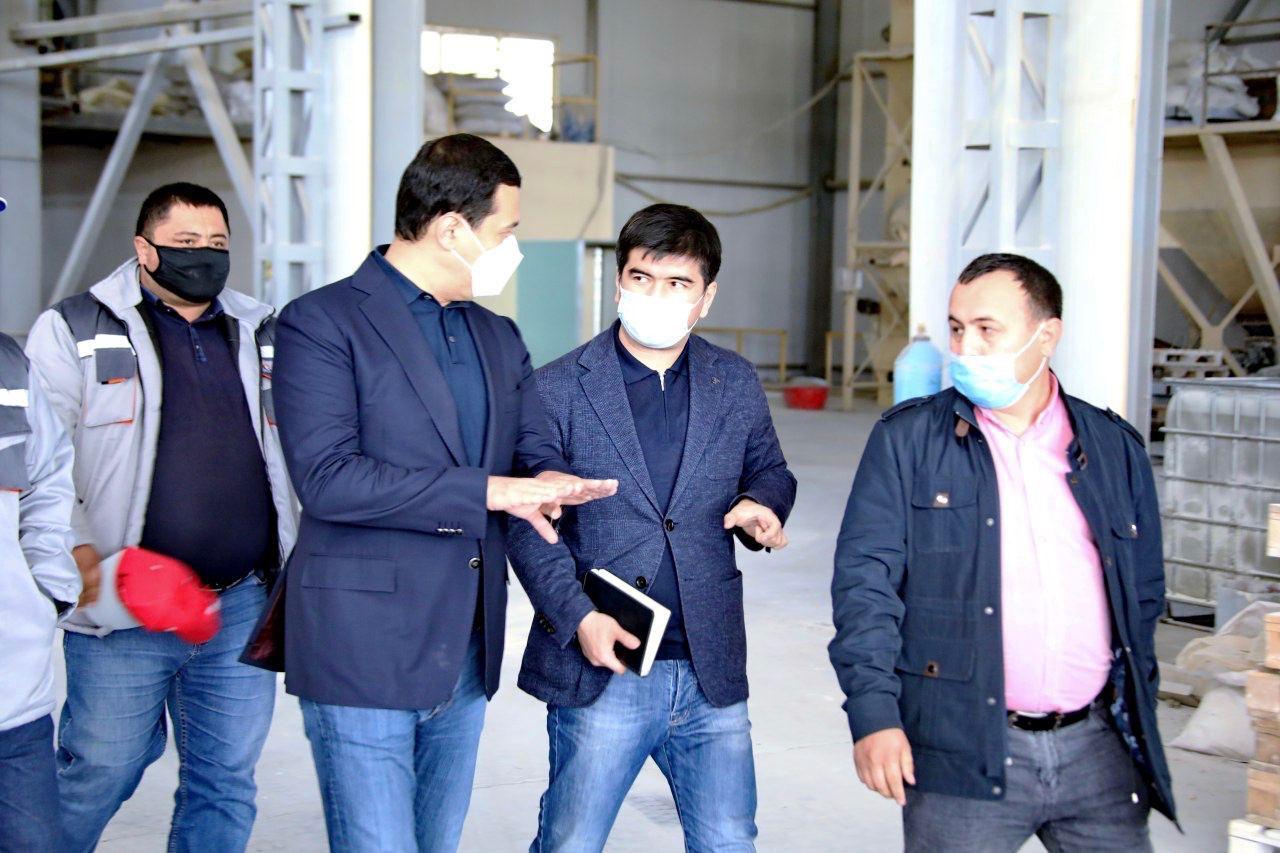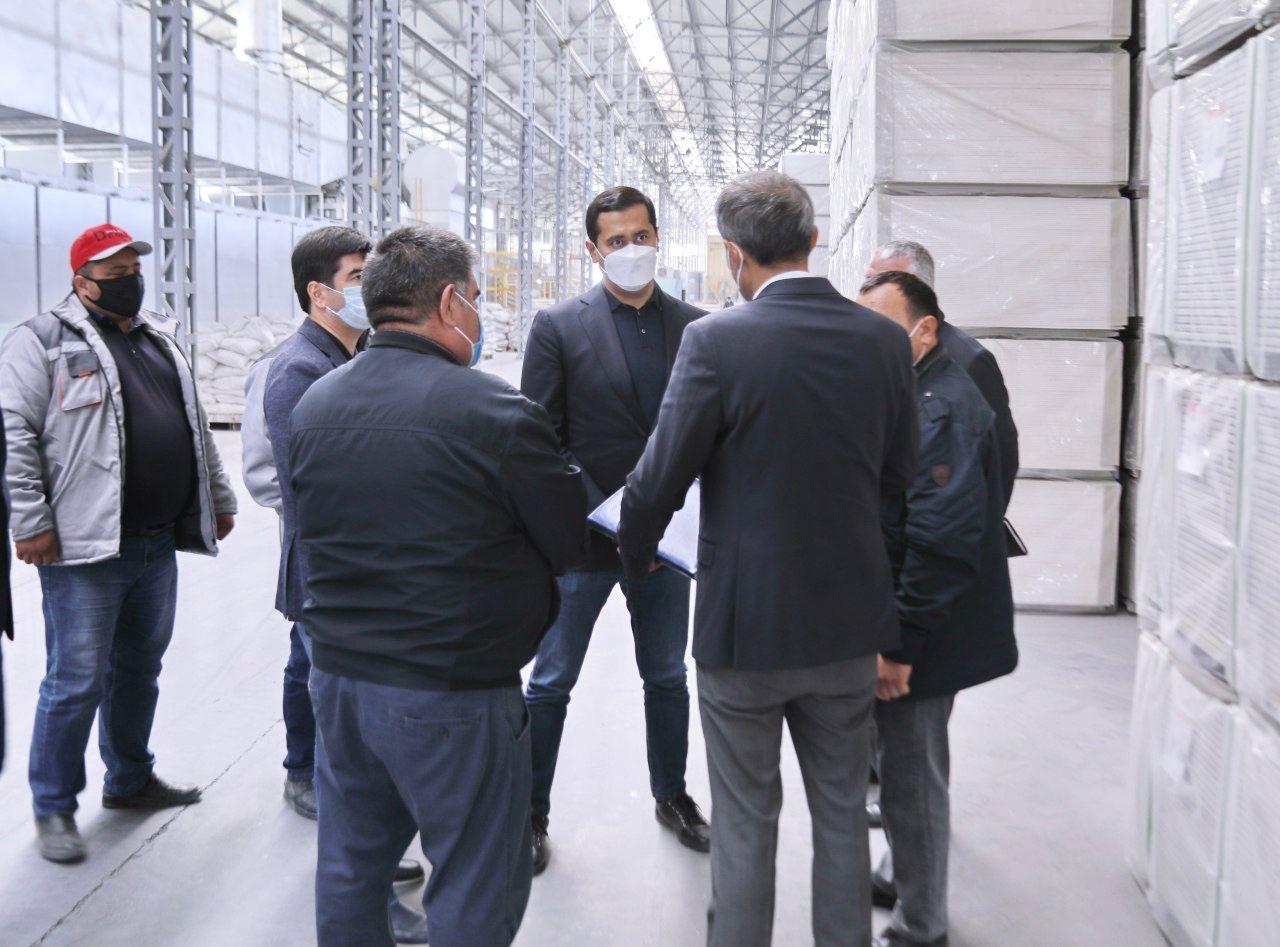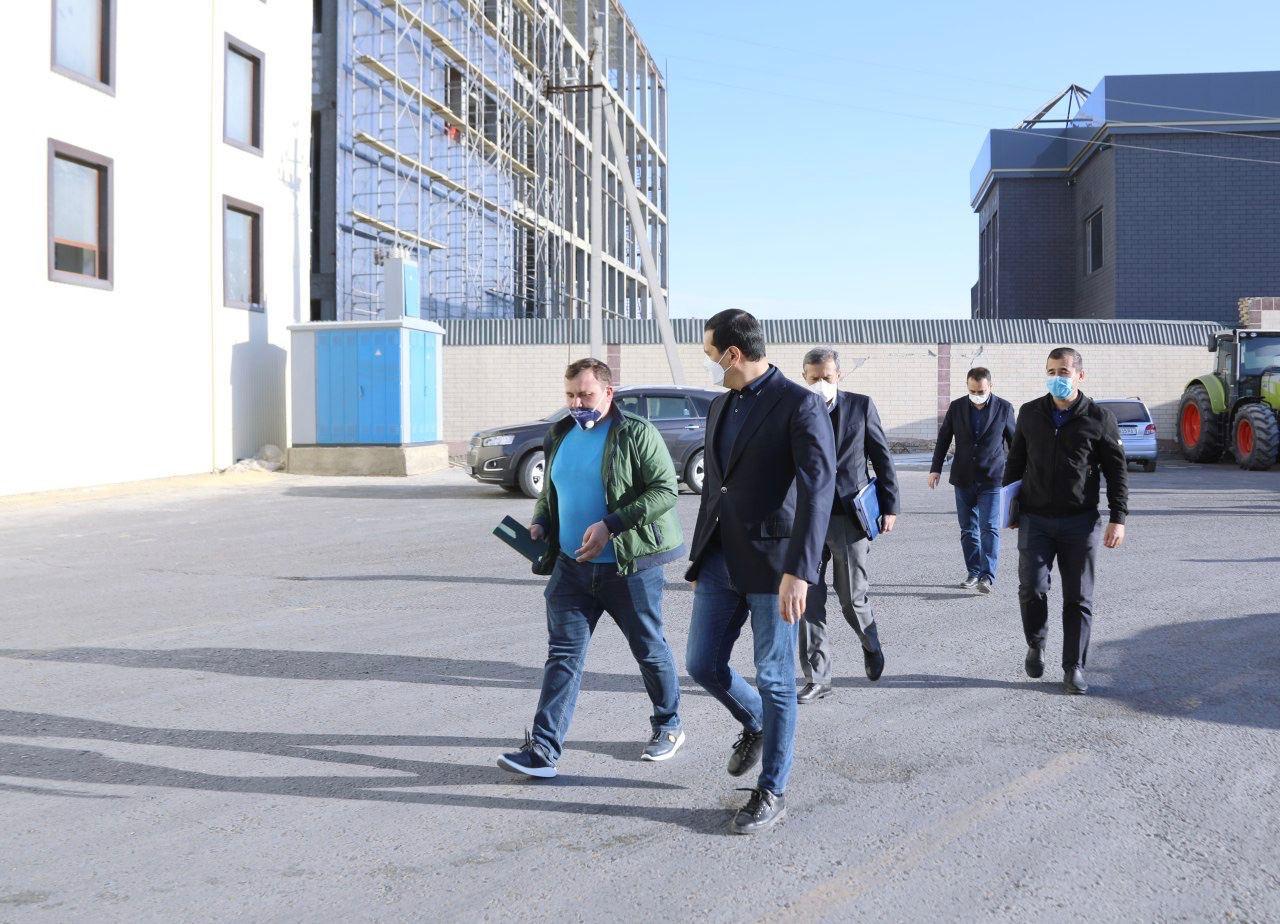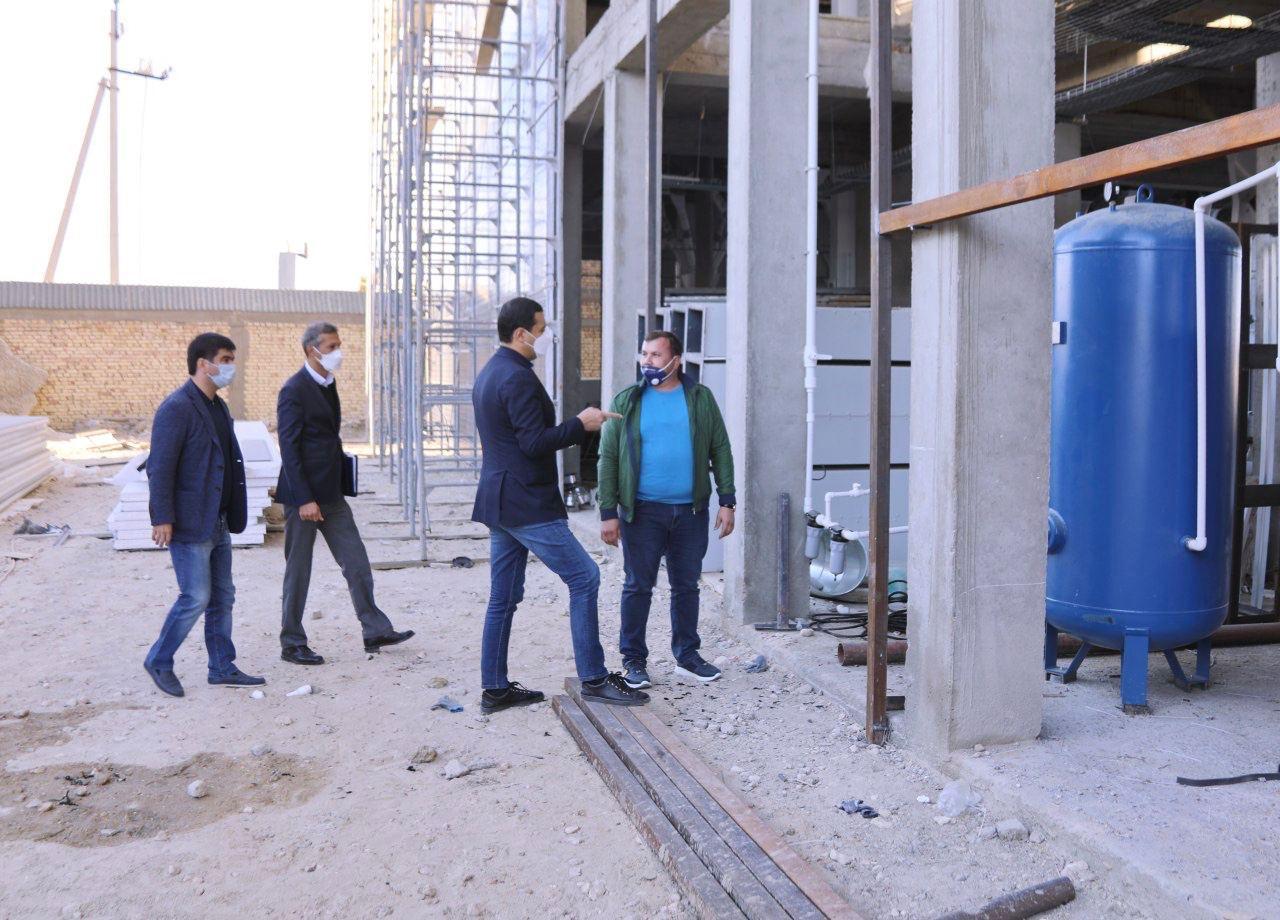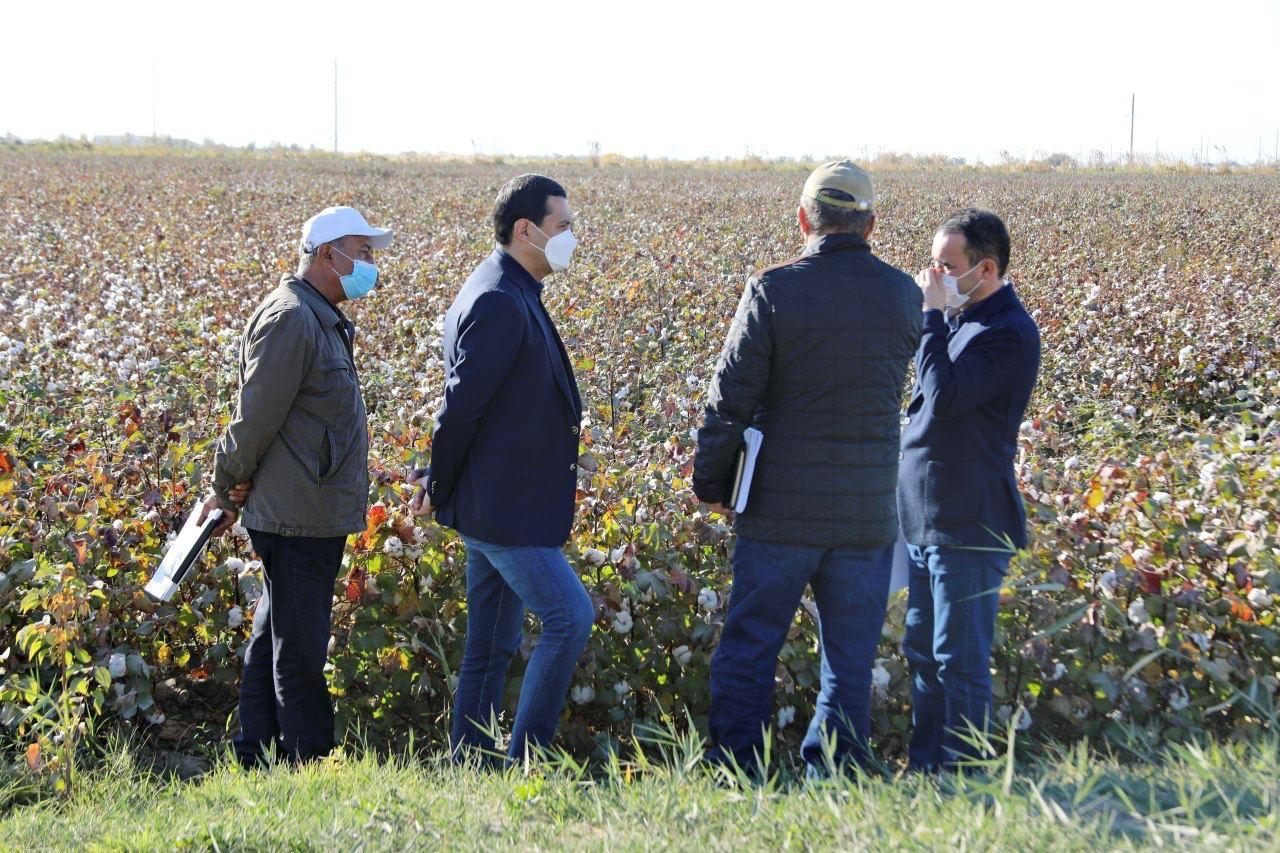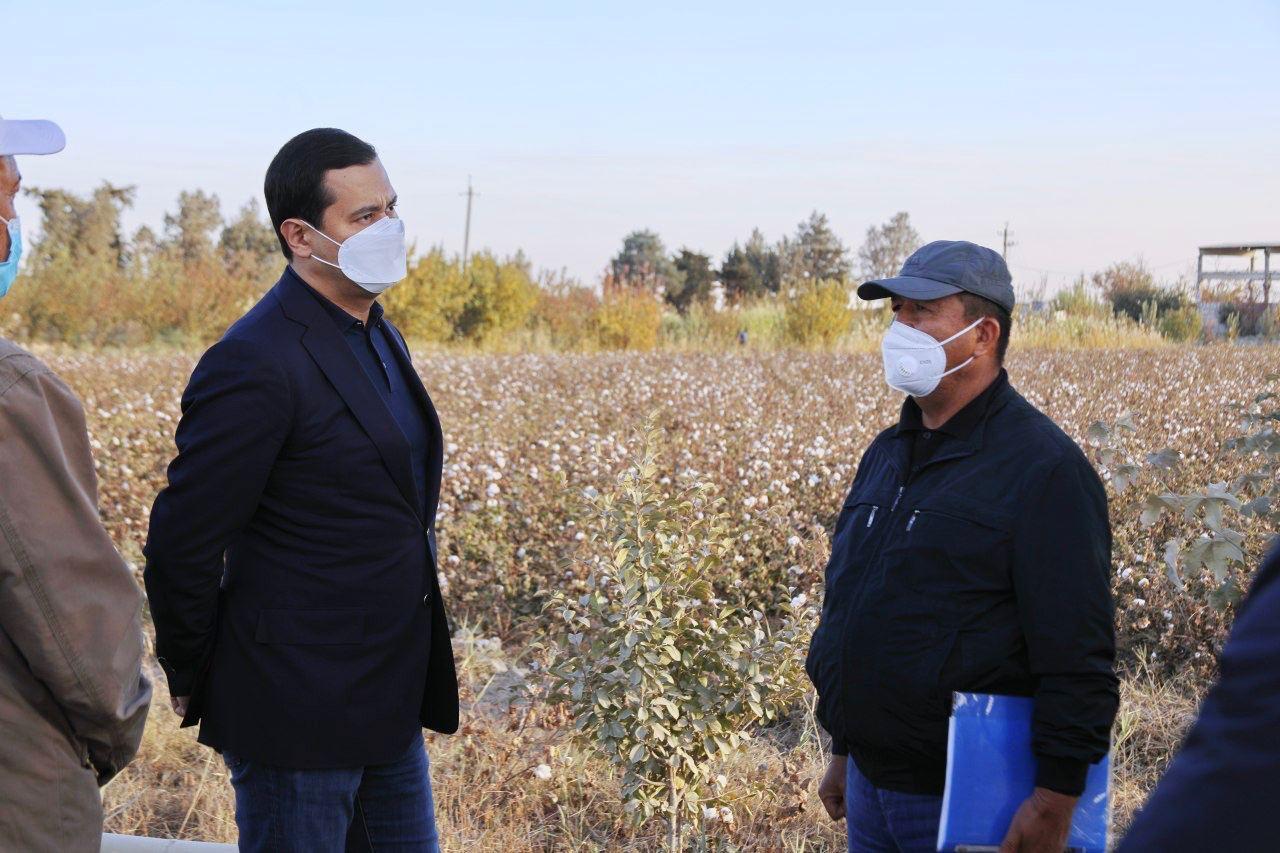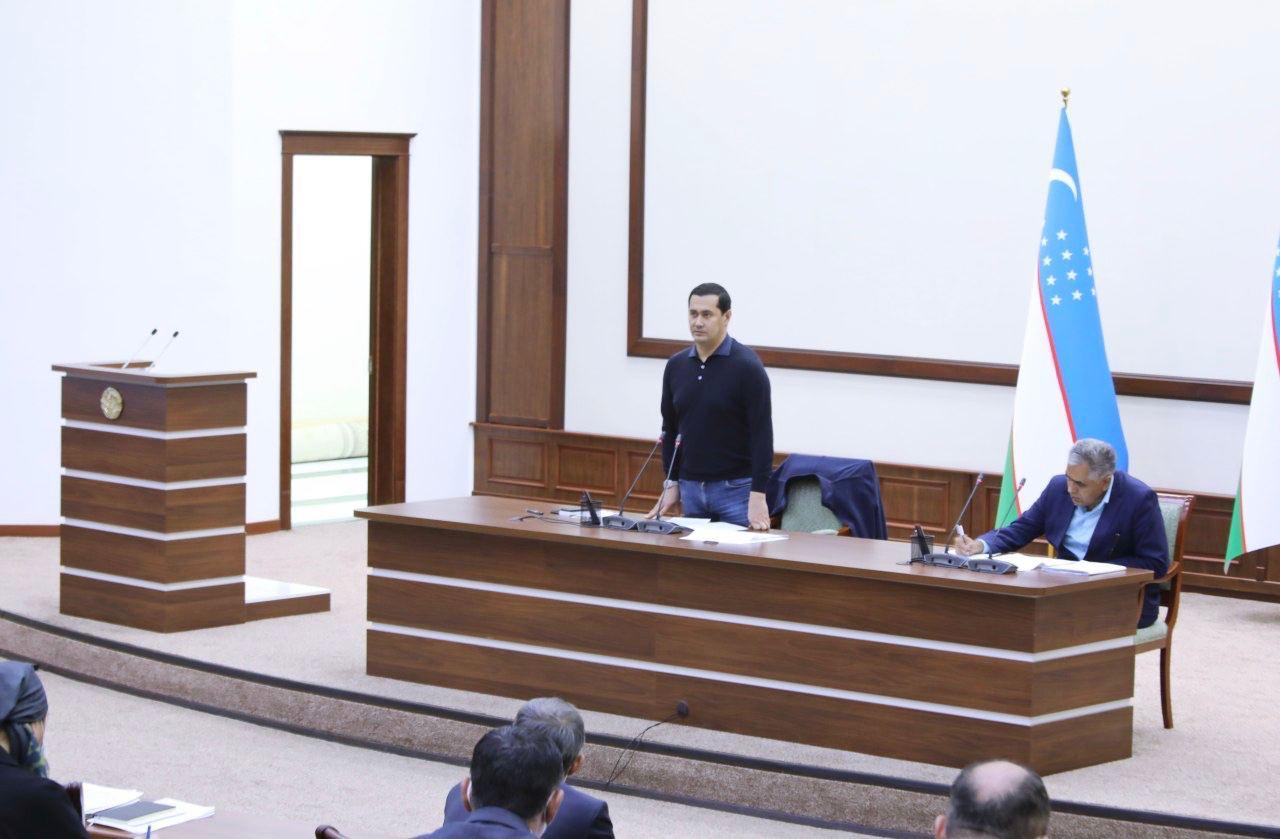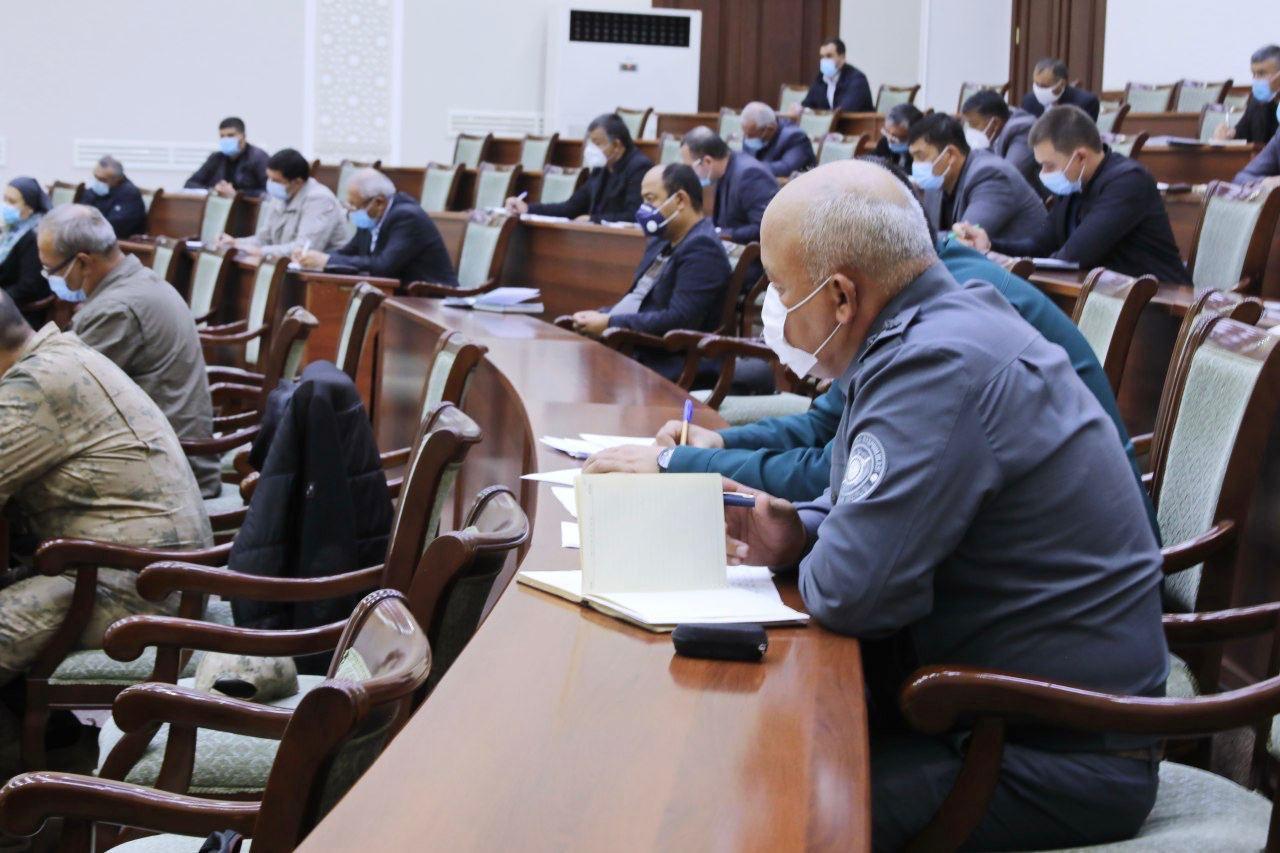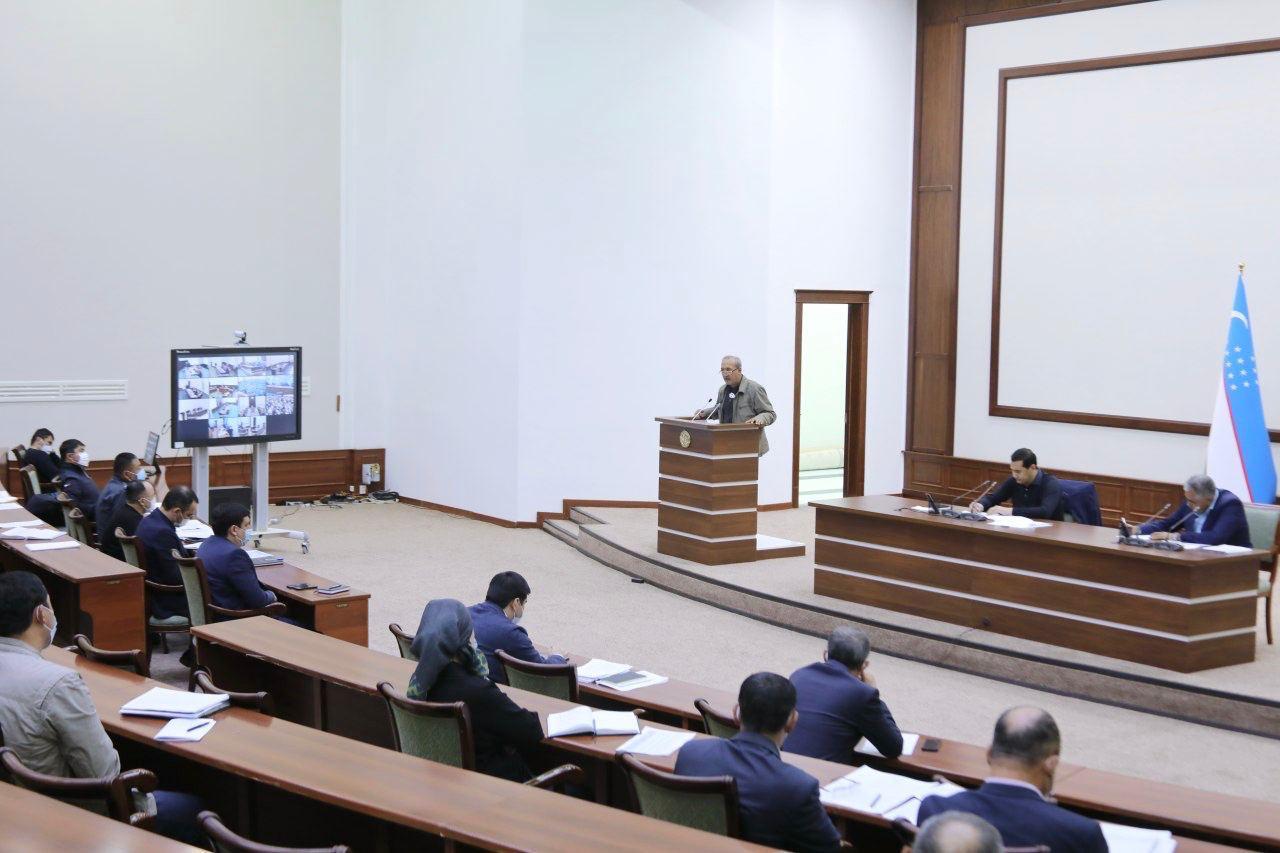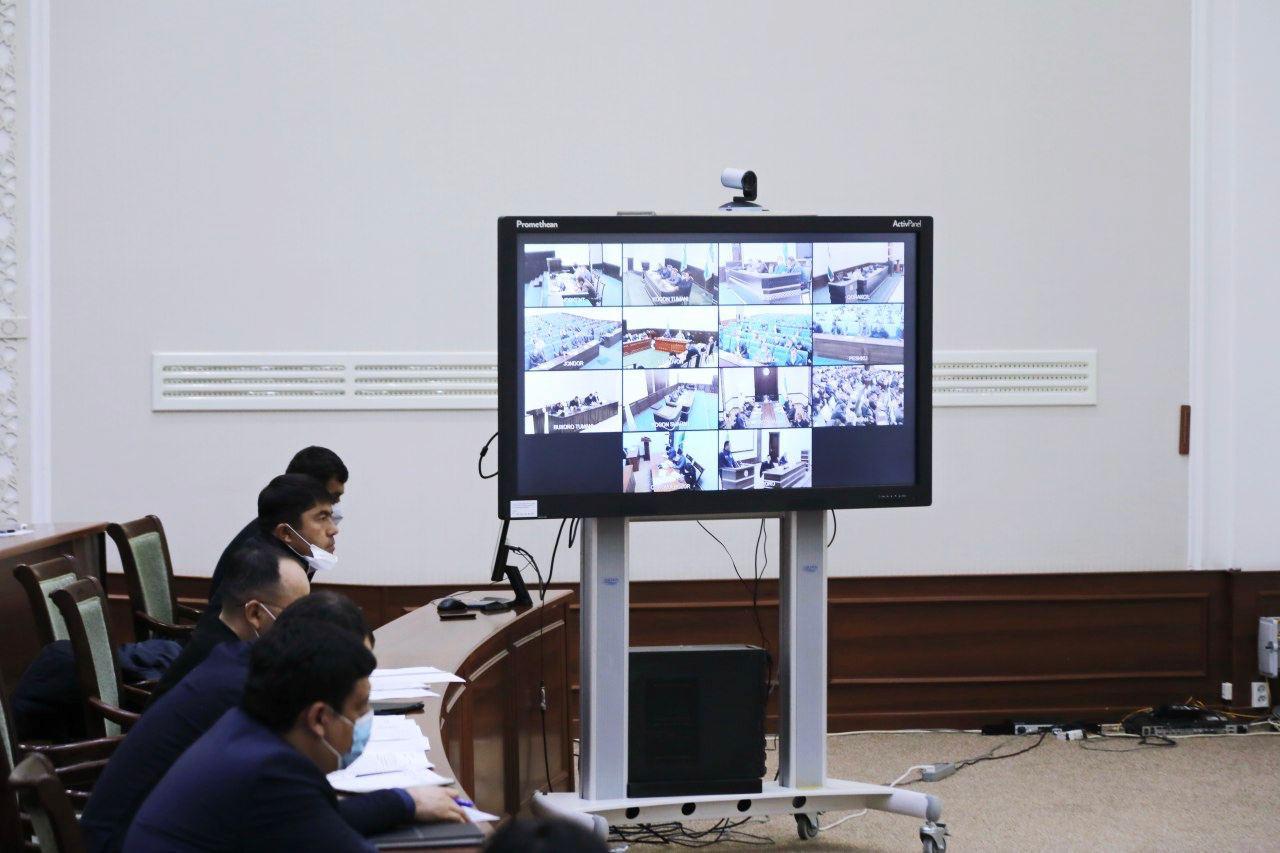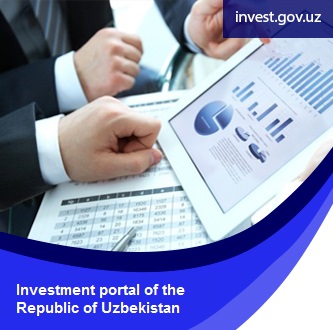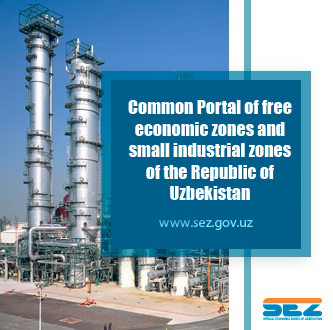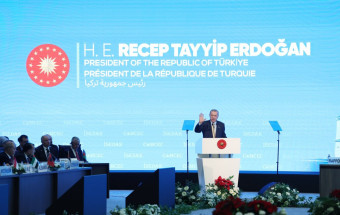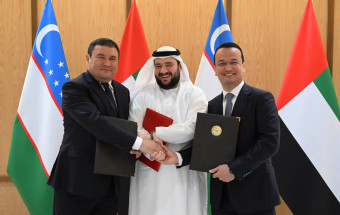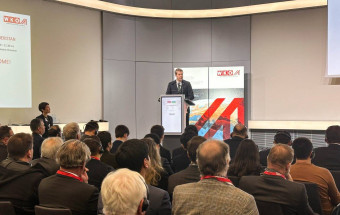Review of additional opportunities for social and economic development of Bukhara region
On October 21-23 this year, a Working Group headed by Deputy Prime Minister of the Republic of Uzbekistan S. Umurzakov and involving the heads of ministries, departments and commercial banks traveled to Bukhara region to review the progress in social and economic development of each city and district of the region, as well as to develop measures to ensure accelerated growth.
The Group focused its work on 8 key areas covering industry, agriculture, investment, export, housing, and infrastructure construction, social development, and employment of the population. Every area received a separate subgroup involving the heads of the relevant ministries, departments, commercial banks, and local authorities.
During visits to districts and cities of the region, the Group held targeted meetings with entrepreneurs and initiators of investment projects to identify existing problems and develop effective solutions.
They outlined further steps to enhance investment and industrial activity in the region. Executive officers received instructions to develop systemic measures aimed at creation of optimal conditions to form value chains based on the existing raw materials potential and industrial capacities. Here, the members of the Group highlighted the importance to identify and use 'economic growth points' when developing project proposals to achieve the maximum economic effect from investments raised.
The particular attention touched upon the development of infrastructure, which is one of the key factors of investment attractiveness and social and economic development. The heads of relevant ministries and departments received instructions to coordinate work to accelerate the implementation of infrastructure projects and develop new project proposals.
Meanwhile, they noted the need to take prompt measures for employment assistance and provision of a stable source of income for the local population, including through the cooperation based on domestic labor. The consideration touched upon the employment for socially vulnerable families included in the 'Iron Notebook', representatives of unemployed youth and women ('Youth Notebook', 'Women's Notebook') in order to provide effective support by creating additional jobs and sources of permanent income.
Separately the members of the Group reviewed the progress in raw cotton picking by cotton clusters and farmers in the region. They stressed the need to prevent forced labor, as well as to comply with the safety requirements by cotton pickers in a pandemic by providing them with overalls, personal protective equipment and access to medical care.
They noted the significance of a system of socially responsible and environmentally sustainable cotton production by introduction of modern methods and standards that meet the requirements of responsible supply of international markets. The consideration also involved current problems faced by the farmers and cotton clusters when picking raw cotton. There were measures to solve them developed.
The implemented work resulted in a video-conference involving members of the Working Group, as well as khokims and heads of sectors of Bukhara region and all districts and cities, representatives of district and city Kengashes of people's deputies, representatives of trade union organizations, entrepreneurs, farmers and heads of cotton clusters. The video-conference identified priority goals under the key areas of work. Executive officers received appropriate instructions. The members designed a Road Map containing specific measures to be implemented and specified deadlines and executives. The General Prosecutor's Office will effectively monitor the progress of the Road Map. Responsible persons who have disrupted the execution of the assigned tasks will be subjected to strict measures.


